Dear Readers,
AI plays a crucial role in our blog, helping us manage our time more effectively to keep the content flowing. While AI assists with content creation, which may lead to occasional spelling or grammar errors, our primary goal remains clear: to deliver meaningful insights to you. For important matters, please consult a specialist.
Thank you for your understanding and support.
Best regards,
Education.com.cy
Summary
Internet addiction is a growing concern, particularly among adolescents and young adults. One of the critical aspects influencing this addiction is personality factors. Individuals with certain personality traits are more susceptible to developing an unhealthy relationship with the Internet. Key personality factors include shyness, introversion/extroversion, and the need for recognition and approval.
Shyness can lead individuals to seek solace in the anonymity and low-pressure interactions available online. Introverted individuals may prefer online interactions over face-to-face communication, finding it easier to express themselves in a virtual environment. Conversely, extroverted individuals might use the Internet to expand their social networks and gain social validation.
The need for recognition and approval drives many to engage in online activities where they can receive immediate feedback and validation from peers. Social media platforms, in particular, provide a constant stream of likes, comments, and shares, which can be highly addictive for those seeking affirmation.
Understanding these personality factors is crucial for developing targeted interventions to prevent and treat Internet addiction. By addressing the underlying personality traits that contribute to excessive Internet use, it is possible to create more effective strategies for promoting healthy online behaviors and reducing the risk of addiction.
Introduction
Personality factors play a significant role in the development of Internet addiction, particularly among teenagers. Individuals with certain personality traits may be more susceptible to excessive Internet use, which can lead to addiction. Traits such as shyness, introversion, extroversion, and the need for recognition and approval can influence how a person interacts with the online world. For instance, shy or introverted individuals might find solace in the anonymity and controlled interactions that the Internet provides, while extroverted individuals may seek the constant social engagement and validation that online platforms offer. Understanding these personality factors is crucial in identifying those at risk and developing targeted interventions to prevent and manage Internet addiction. This section will delve into how these personality traits contribute to Internet addiction and the implications for both individuals and their families.
Main Sections
Psychological Factors
Personality factors play a significant role in the development and perpetuation of Internet addiction. Individuals with certain personality traits may be more susceptible to excessive Internet use, which can lead to addiction. Here are some key personality factors that contribute to Internet addiction:
- Shyness: Shy individuals often find it challenging to engage in face-to-face interactions. The Internet provides a less intimidating platform for communication, allowing them to express themselves more freely without the fear of immediate judgment. This can lead to increased online activity as they seek social connections and validation in a more comfortable environment.
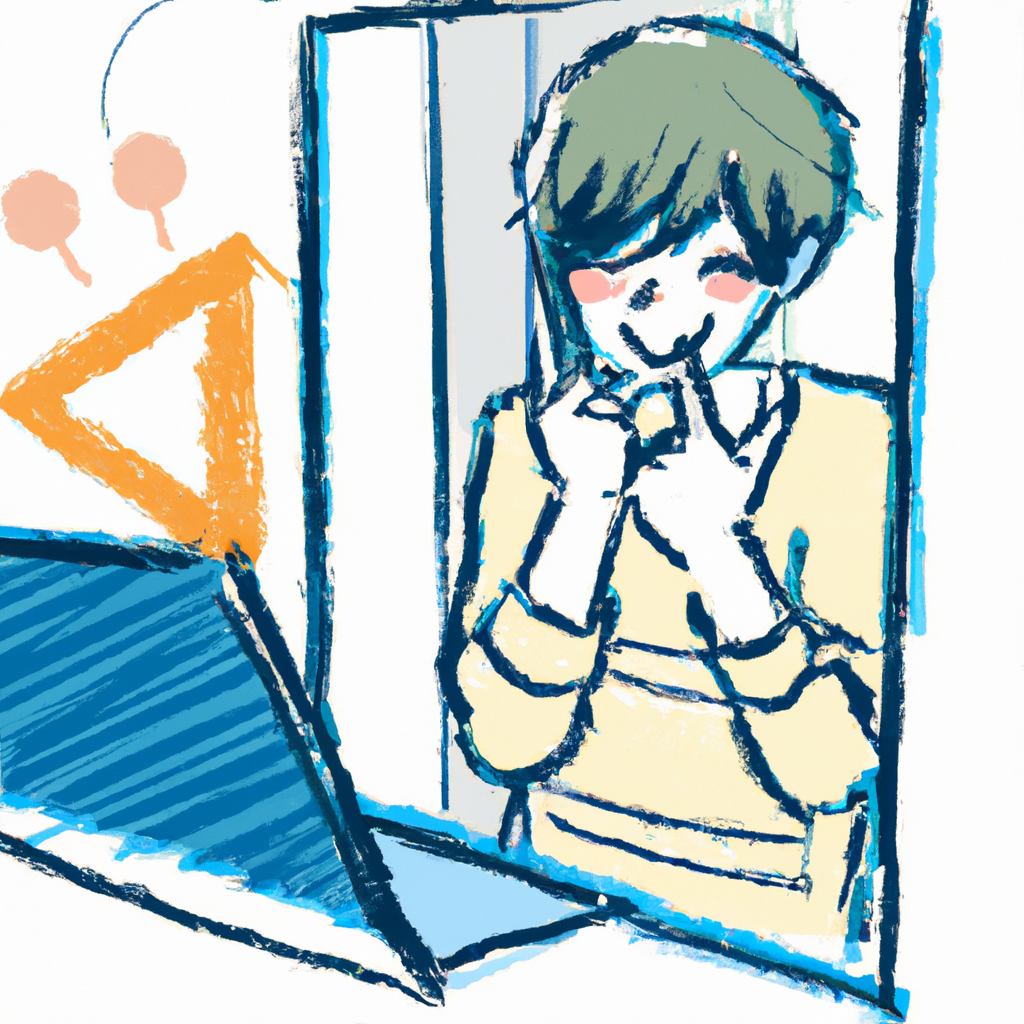
- Introversion/Extroversion: Both introverts and extroverts can be prone to Internet addiction, albeit for different reasons. Introverts may prefer the solitude and control that online interactions offer, avoiding the overstimulation of in-person social settings. Extroverts, on the other hand, may use the Internet to expand their social networks and engage in constant communication, seeking the excitement and approval that come from online interactions.
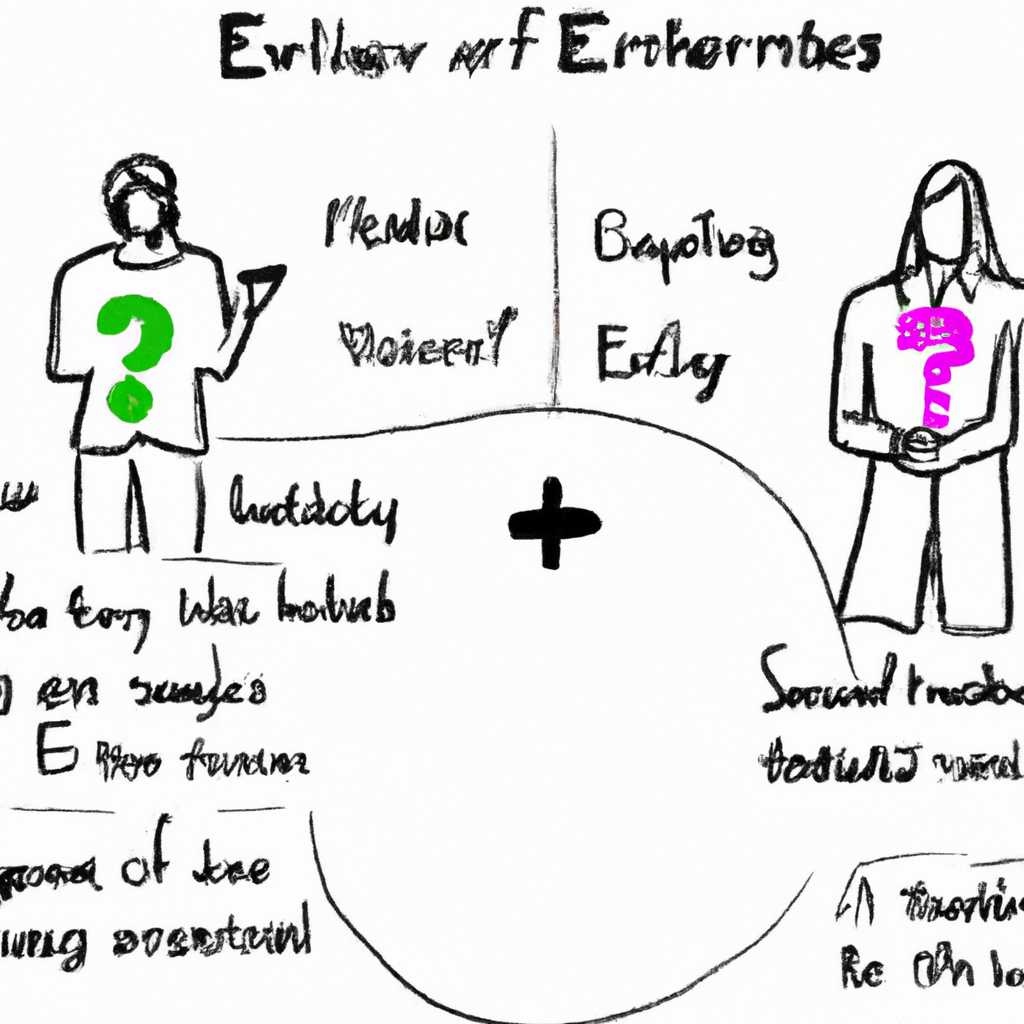
Find out how the strategies discussed in the article
"How Teaching a Song Can Improve Your Child’s Learning and Well-Being"can help address internet addiction in children and teens.
- Need for Recognition and Approval: Individuals with a high need for recognition and approval may turn to the Internet to fulfill these desires. Social media platforms, online gaming, and other digital environments provide immediate feedback and validation through likes, comments, and other forms of engagement. This can create a cycle of dependency as individuals continuously seek out these positive reinforcements.
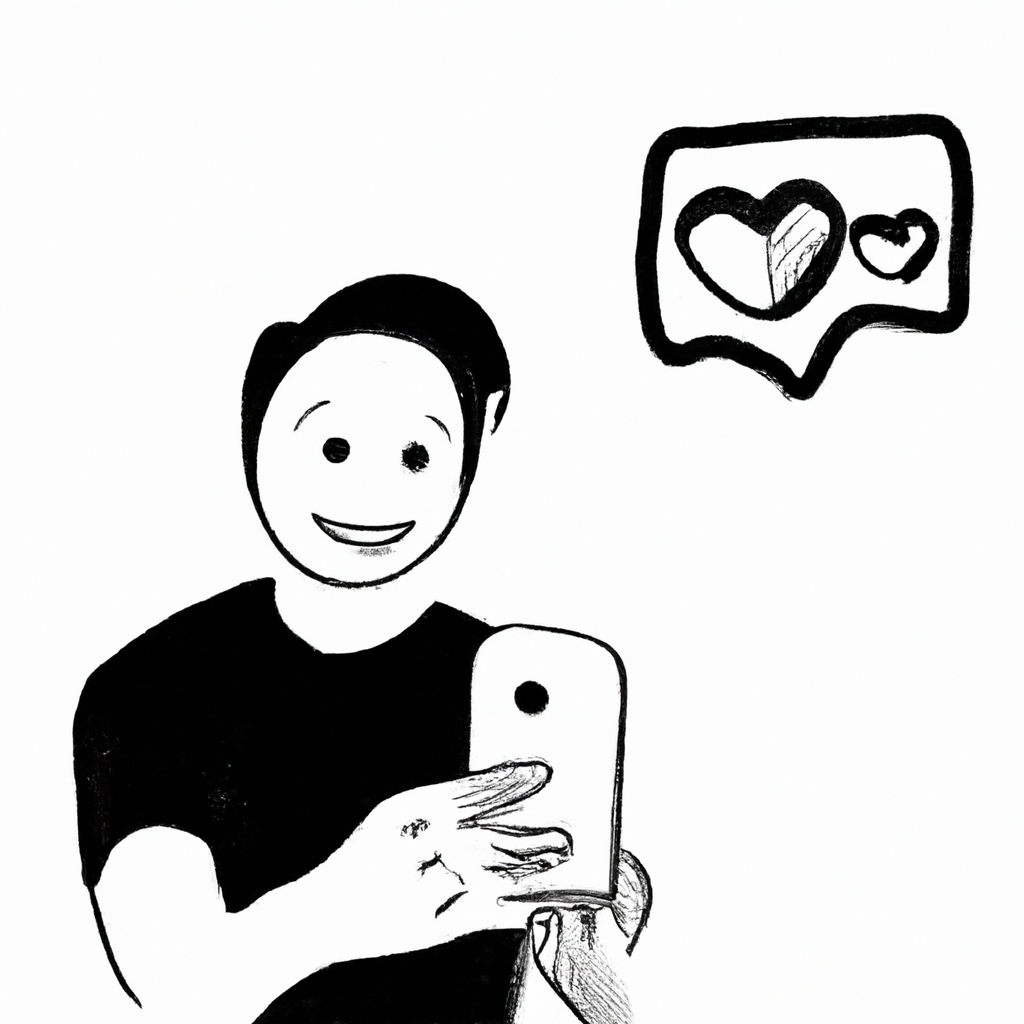
- Low Self-Esteem: People with low self-esteem may use the Internet as a means of escape from their insecurities and real-world challenges. Online, they can create idealized versions of themselves, receive positive feedback, and avoid situations that might lower their self-worth. This reliance on the Internet for self-esteem boosts can lead to addictive behaviors.
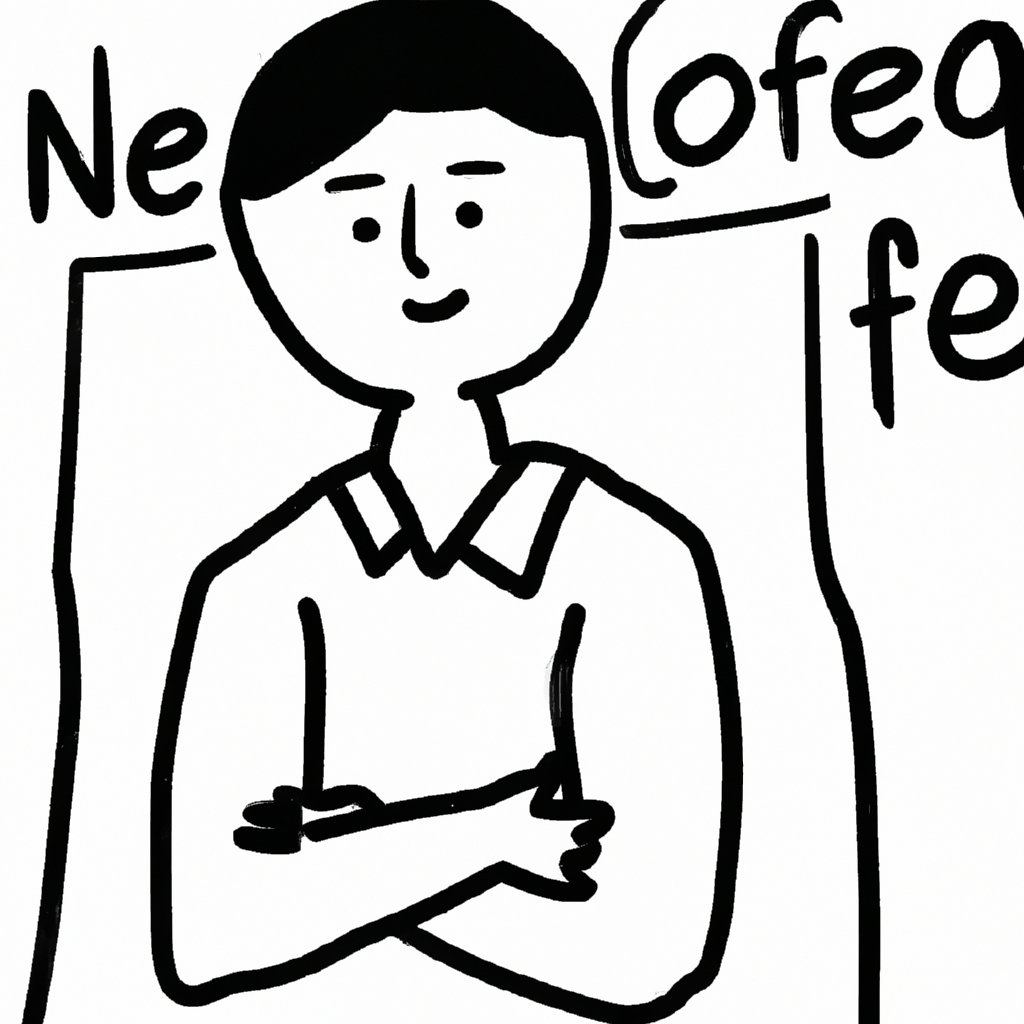
- Impulsivity: Impulsive individuals may struggle with self-control and are more likely to engage in excessive Internet use. The immediate gratification provided by online activities, such as social media updates, gaming rewards, and instant messaging, can be particularly appealing to those who have difficulty delaying gratification.
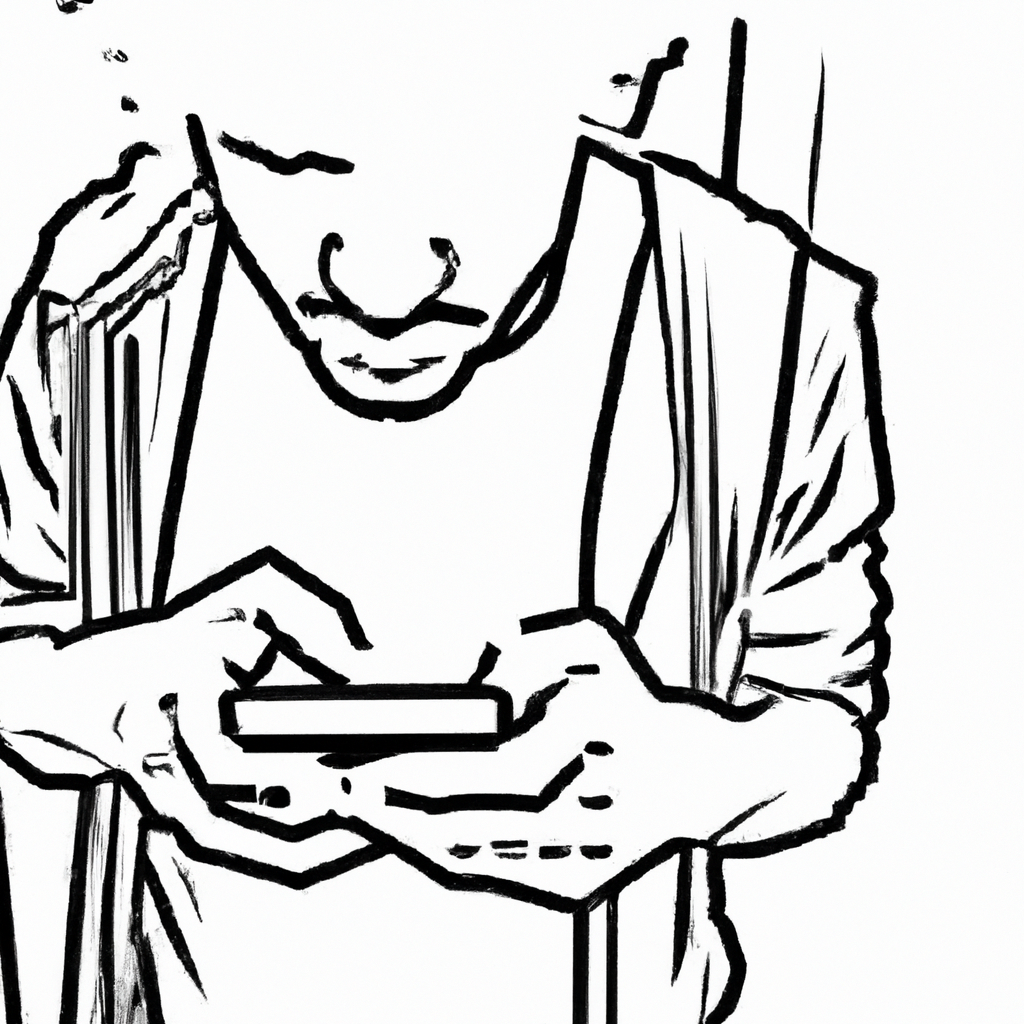
- Sensation Seeking: Those with a high need for sensation seeking may be drawn to the Internet for its endless opportunities for new and exciting experiences. Online gaming, virtual reality, and constantly updated content can provide the stimulation they crave, making it difficult for them to limit their Internet use.

Understanding these personality factors can help in identifying individuals at risk of Internet addiction and developing targeted interventions to address their specific needs and vulnerabilities.
Personality Traits and Internet Addiction
Personality factors play a significant role in the development of Internet addiction. Individuals with certain personality traits may be more susceptible to excessive Internet use. Here are some key personality traits that can contribute to Internet addiction:
- Shyness: People who are shy may find it easier to interact online rather than face-to-face. The anonymity and lack of physical presence on the Internet can make it a more comfortable space for shy individuals to express themselves and engage with others.
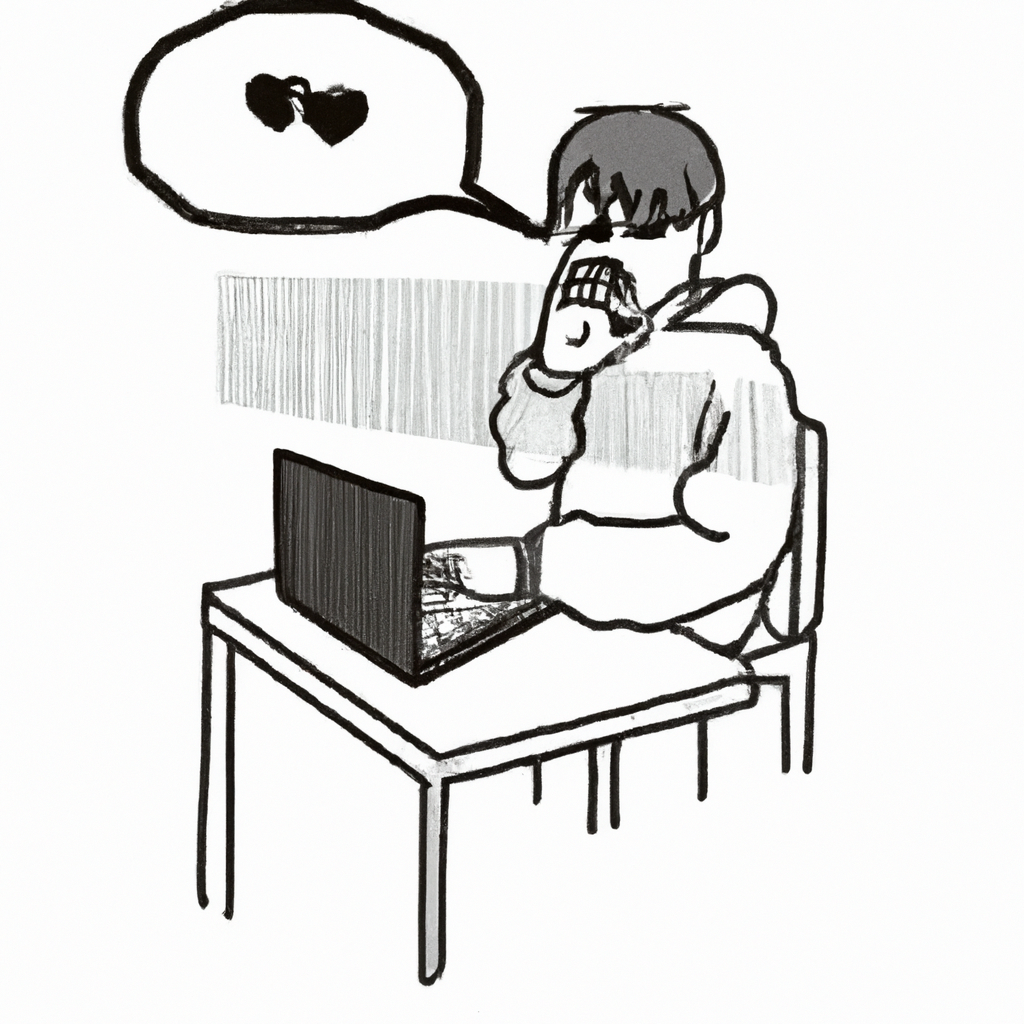
- Introversion/Extroversion: Both introverts and extroverts can be prone to Internet addiction, albeit for different reasons. Introverts may prefer the solitary nature of online activities, while extroverts may seek the constant social interaction that the Internet provides.
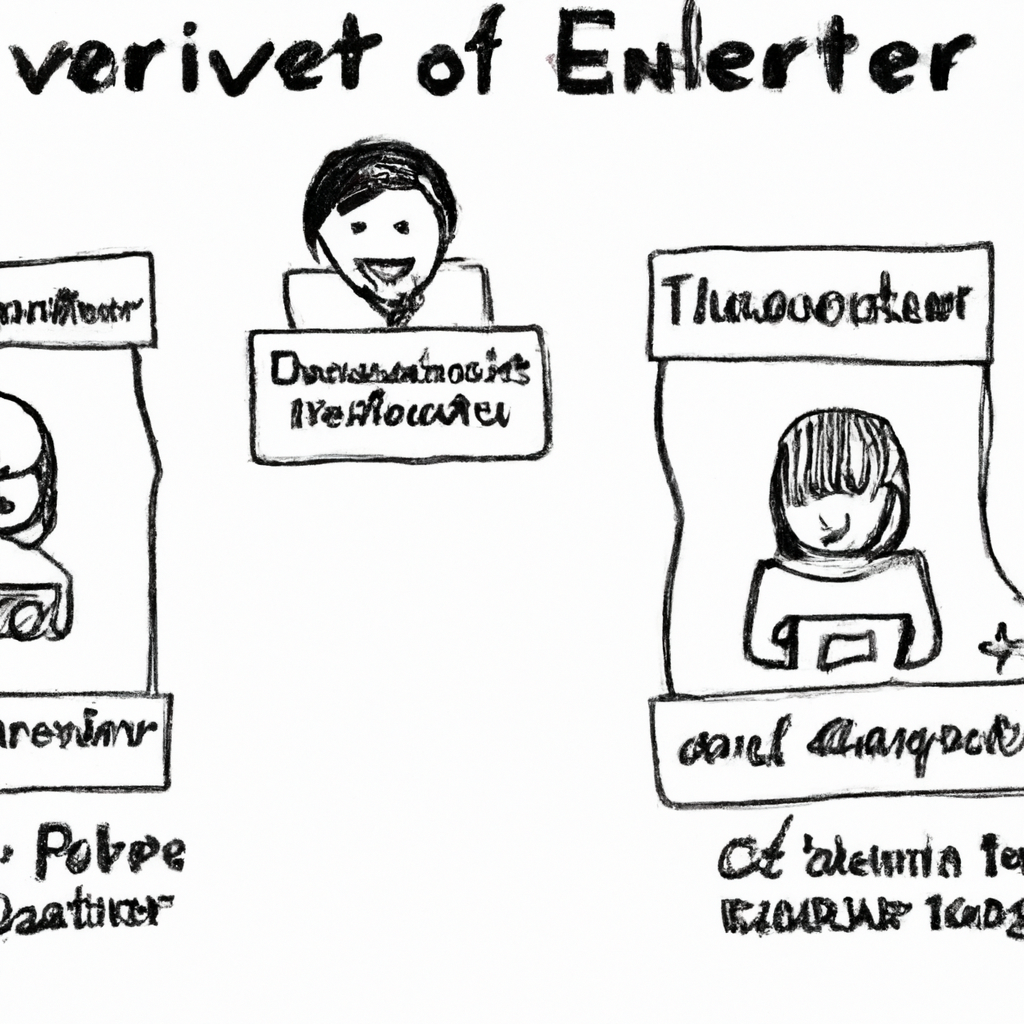
- Need for Recognition and Approval: Individuals who crave recognition and approval may turn to the Internet to fulfill these needs. Social media platforms, in particular, offer immediate feedback in the form of likes, comments, and shares, which can be highly rewarding for those seeking validation.
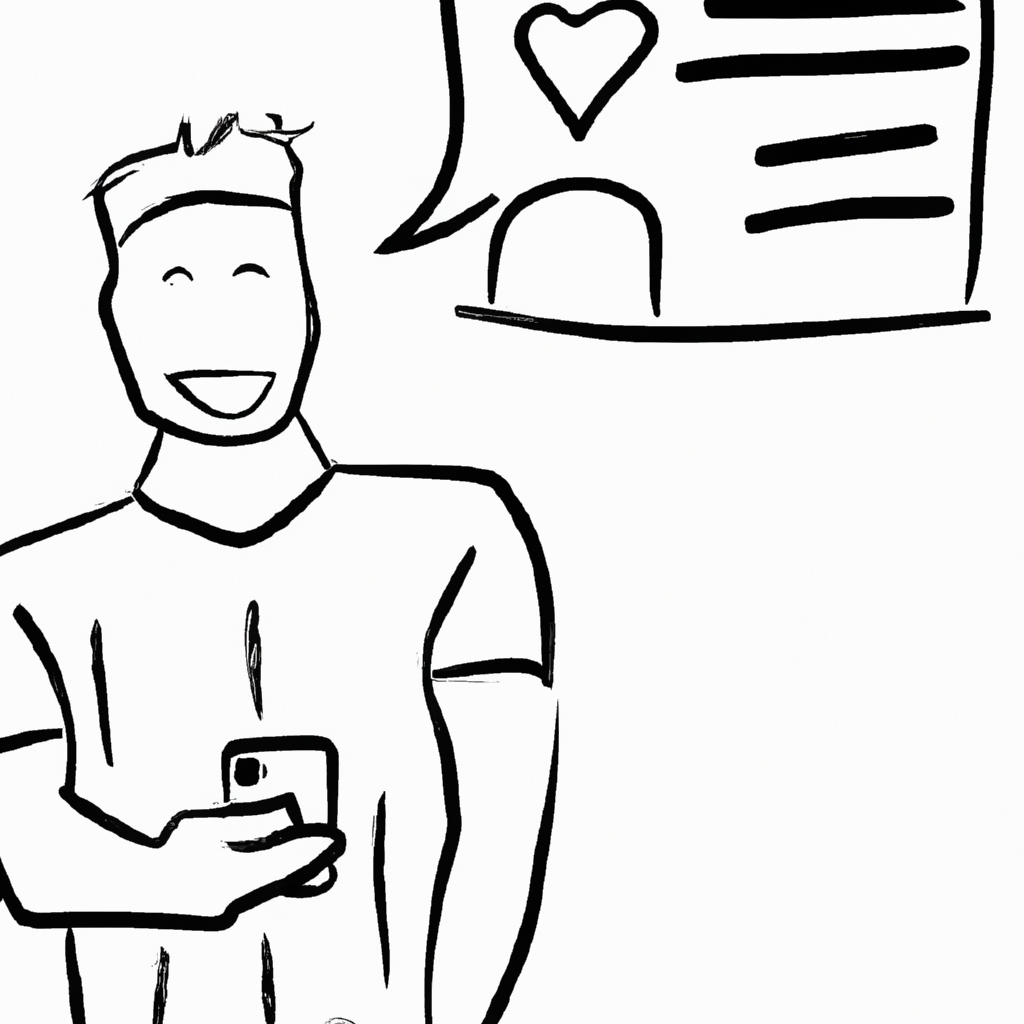
These personality traits can make the Internet an appealing escape or a source of gratification, leading to patterns of excessive use and potential addiction. Understanding these traits can help in developing targeted interventions to address Internet addiction.
Impact of Shyness and Introversion/Extroversion
The impact of shyness and introversion/extroversion on internet addiction can be significant. Shy individuals and introverts may find the online environment more comfortable than face-to-face interactions. The anonymity and lack of physical presence on the internet can reduce social anxiety, making it easier for them to communicate and express themselves. This can lead to increased time spent online, as they seek out social interactions and validation in a less intimidating setting.
For extroverts, the internet offers a vast platform to connect with a large number of people, fulfilling their need for social interaction and recognition. The constant availability of social media, chat rooms, and online communities can be particularly appealing, providing immediate feedback and approval. This can result in excessive use as they continuously seek out new interactions and the excitement that comes with them.
Both personality types may use the internet to fulfill their social needs, but for different reasons. Introverts may use it to avoid the discomfort of in-person interactions, while extroverts may use it to maximize their social engagement. In both cases, the internet can become a primary means of socialization, potentially leading to addictive behaviors as they rely more on online interactions and less on real-world connections.
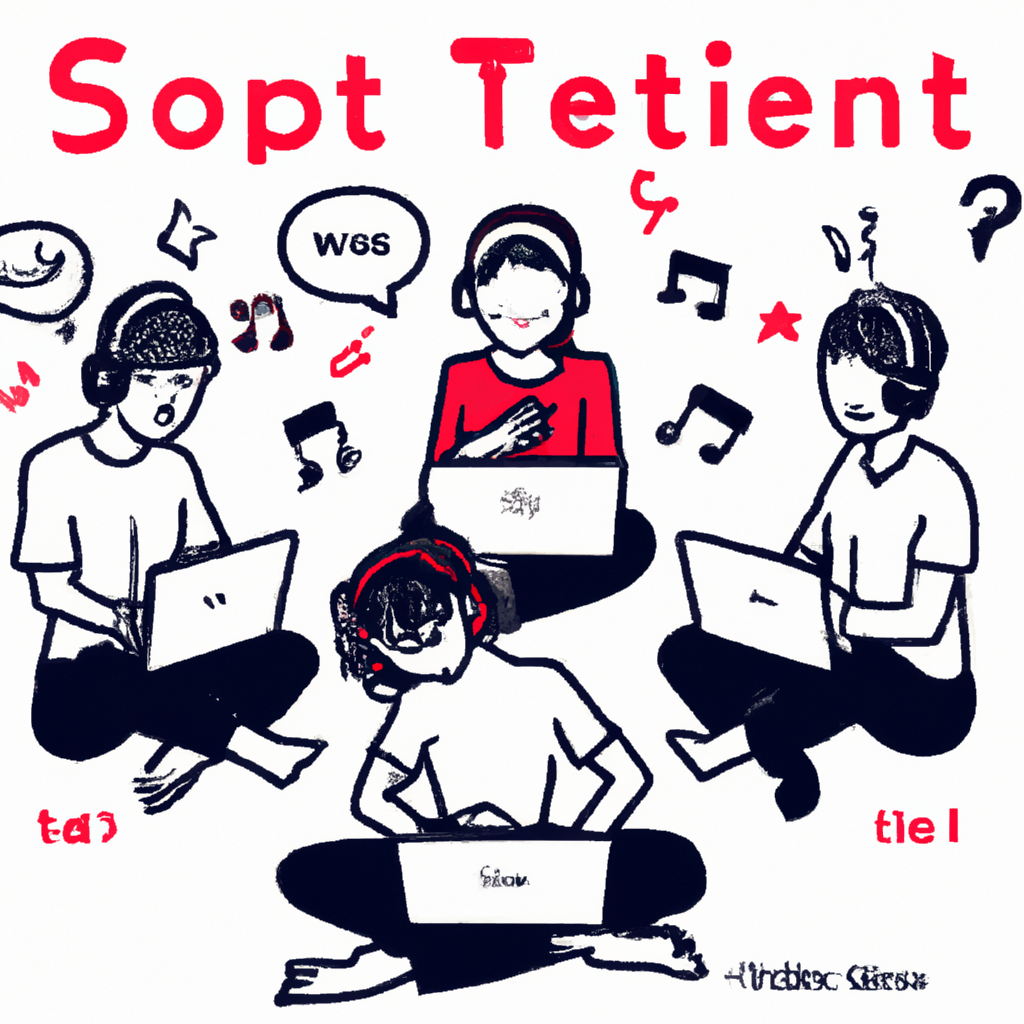
Need for Recognition and Approval
The need for recognition and approval is a significant personality factor contributing to internet addiction. Individuals who crave validation and acknowledgment often turn to the internet as a platform where they can easily receive feedback and approval from others. Social media, online forums, and gaming communities provide immediate and frequent opportunities for recognition through likes, comments, shares, and other forms of engagement. This constant feedback loop can be highly addictive, as it fulfills the individual’s desire for acceptance and approval.
Moreover, the anonymity of the internet allows individuals to present themselves in a way that may garner more positive recognition than they might receive in face-to-face interactions. This can lead to a cycle where the individual increasingly relies on online interactions to meet their emotional needs, further deepening their internet addiction. The pursuit of recognition and approval online can also lead to excessive time spent curating one’s online persona, engaging in social comparisons, and seeking out new ways to gain attention, all of which can detract from real-life responsibilities and relationships.
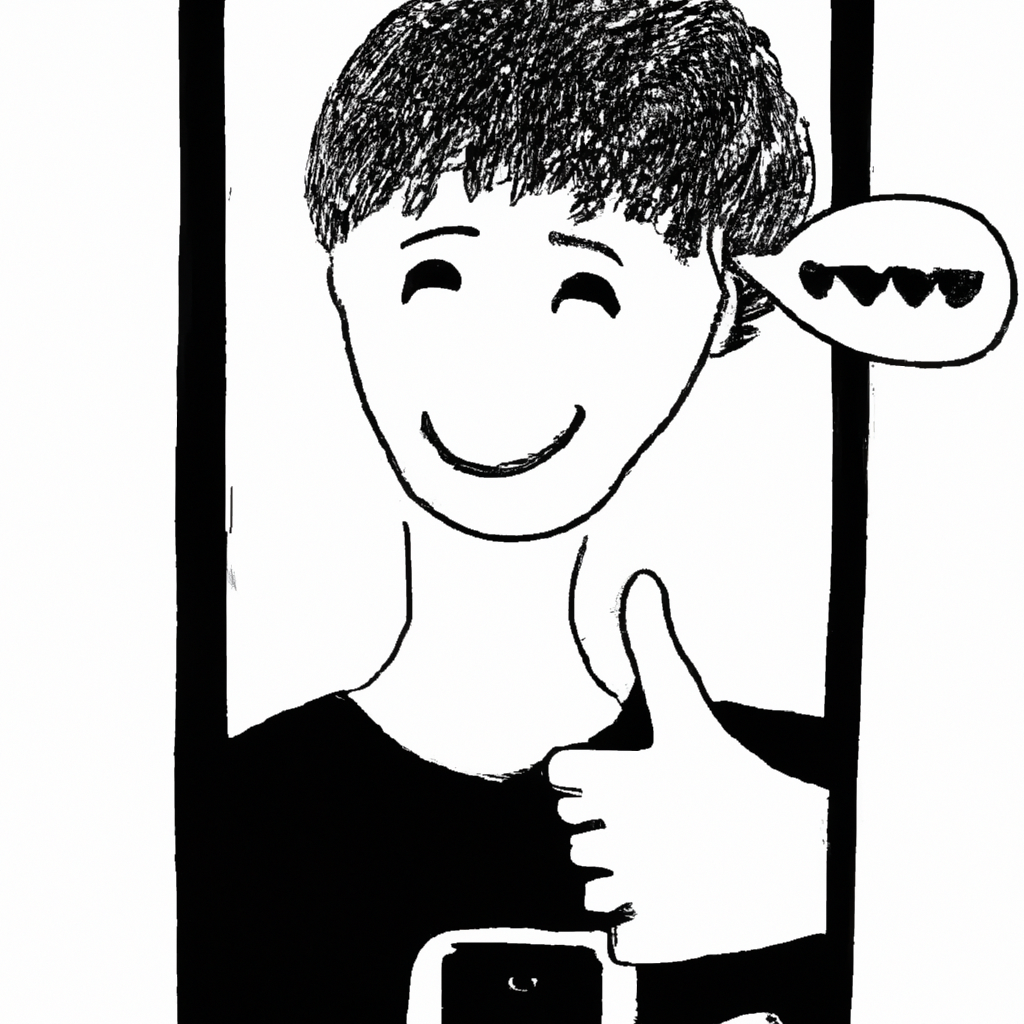
Case Studies and Examples
Case Study 1: Shyness and Internet Addiction
Background: John, a 16-year-old high school student, has always been shy and found it difficult to make friends in real life. He often felt anxious in social situations and preferred to stay at home.
Internet Use: John discovered online gaming and social media platforms where he could interact with others without the pressure of face-to-face communication. He found it easier to express himself and make friends online.
Outcome: Over time, John started spending more hours online, neglecting his schoolwork and physical activities. His grades began to drop, and he became more isolated from his family and real-life friends.
Analysis: John’s shyness and social anxiety made the internet an appealing escape, leading to excessive use and addiction. The anonymity and lack of direct social pressure online provided a safe space for him to interact, but it also exacerbated his avoidance of real-life social interactions.

Case Study 2: Need for Recognition and Approval
Background: Sarah, a 17-year-old teenager, has always sought validation and approval from her peers. She is highly active on social media, constantly posting updates and photos to gain likes and comments.
Internet Use: Sarah spends several hours each day curating her online presence, engaging with followers, and seeking out new ways to increase her social media influence.
Outcome: Sarah’s obsession with online recognition led to sleep deprivation, poor academic performance, and strained relationships with her family. She became increasingly anxious and depressed when her posts did not receive the expected level of engagement.
Analysis: Sarah’s need for recognition and approval drove her to become addicted to social media. The instant gratification and feedback from online interactions provided a temporary boost to her self-esteem, but it also created a dependency that negatively impacted other areas of her life.
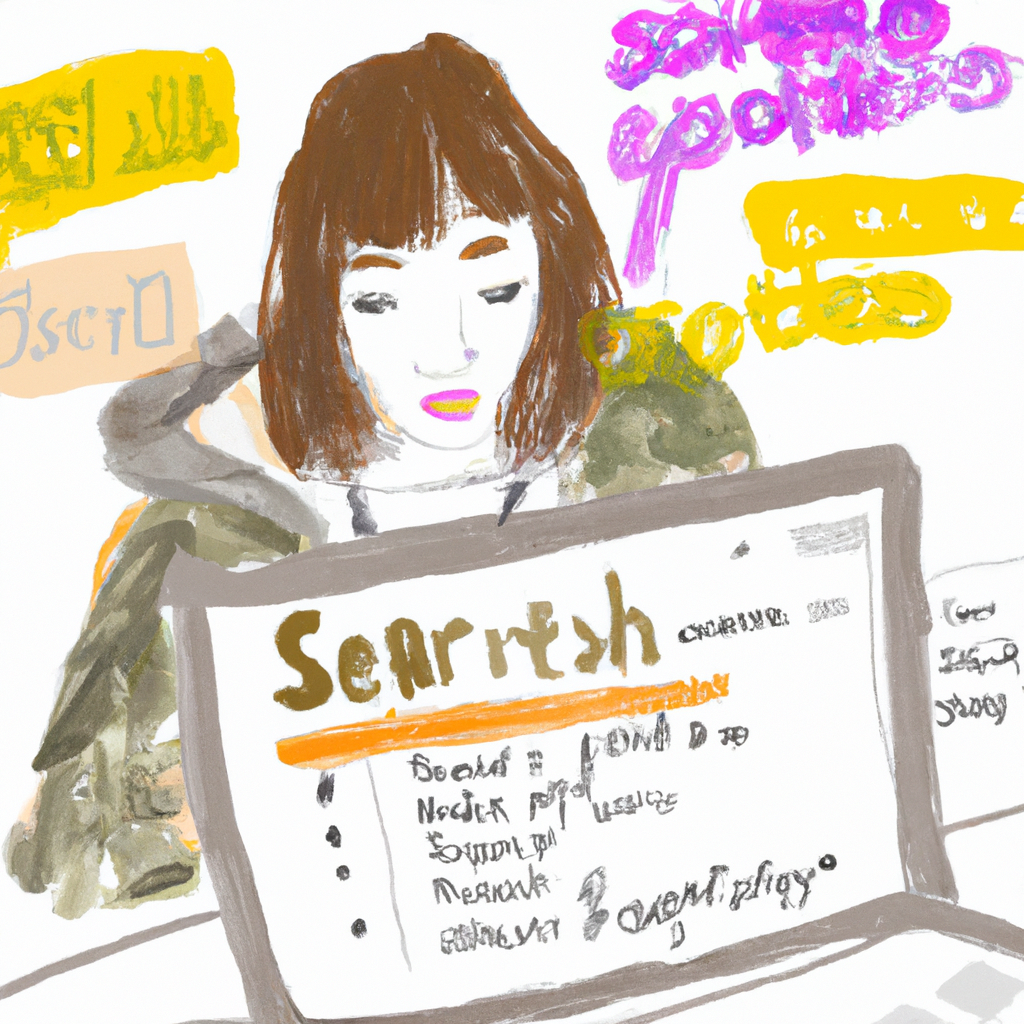
Example 1: Introversion and Internet Addiction
Scenario: Introverted individuals often find solace in online communities where they can interact at their own pace and comfort level. For instance, an introverted teenager might join a forum dedicated to their favorite hobby, spending hours each day engaging in discussions and building virtual friendships.
Impact: While these online interactions can provide a sense of belonging and acceptance, they can also lead to excessive internet use. The teenager might prioritize online interactions over real-life activities, leading to social withdrawal and potential internet addiction.
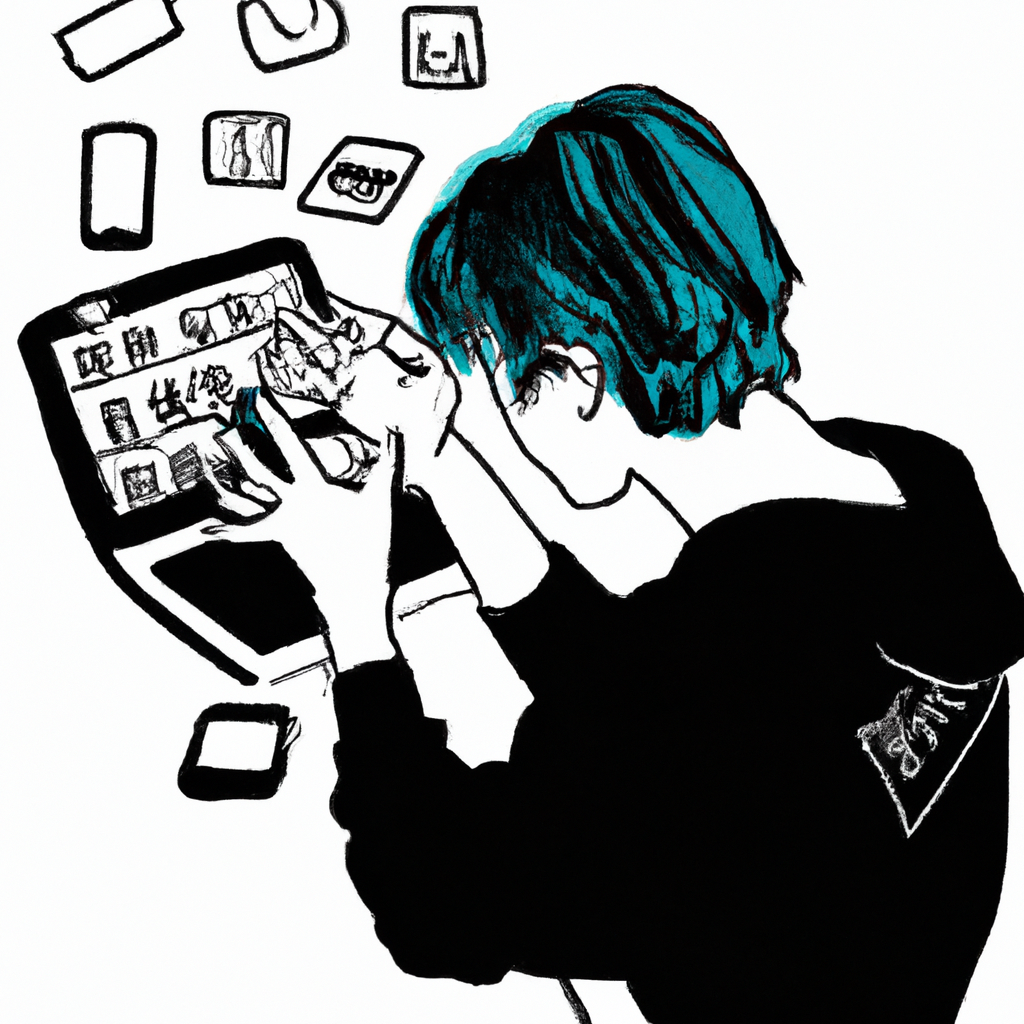
Example 2: Extroversion and Internet Addiction
Scenario: Extroverted individuals might use the internet to expand their social networks and engage in multiple online activities simultaneously. An extroverted college student might participate in various social media platforms, online gaming, and video calls with friends.
Impact: The constant need for social interaction and stimulation can result in prolonged internet use. The student might struggle to balance online activities with academic responsibilities, leading to poor time management and potential addiction.
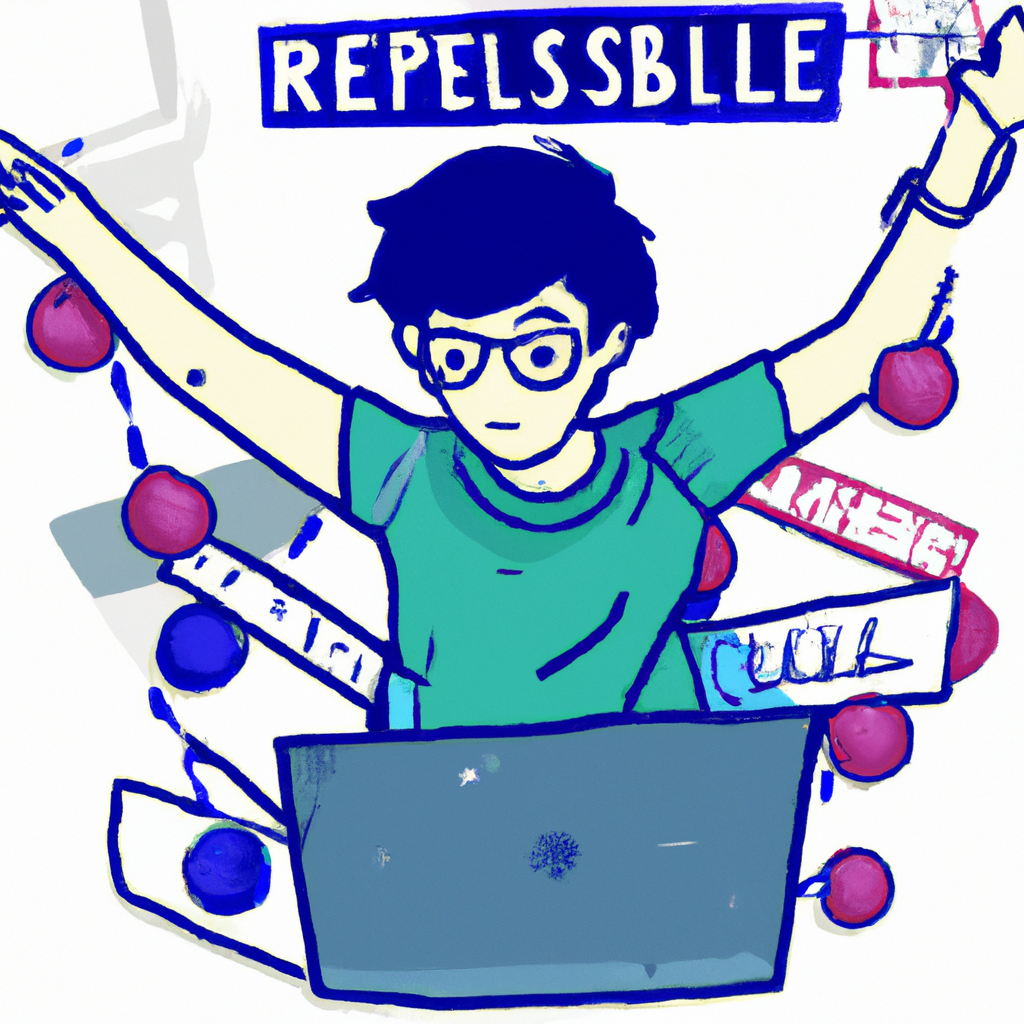
These case studies and examples illustrate how different personality traits can influence internet use and contribute to the development of internet addiction. By understanding these dynamics, we can better address the underlying issues and provide targeted interventions.
Conclusion
Personality factors play a significant role in the development of Internet addiction. Individuals who are shy or introverted may find the online world a safer and more comfortable space to express themselves, as it provides a level of anonymity and reduces the anxiety associated with face-to-face interactions. Extroverted individuals, on the other hand, may use the Internet to seek recognition and approval from a broader audience, fulfilling their need for social interaction and validation.
The need for recognition and approval can drive individuals to spend excessive amounts of time online, engaging in activities that provide immediate feedback and gratification, such as social media, gaming, or content creation. This constant search for validation can lead to a cycle of dependency, where the individual increasingly relies on online interactions to boost their self-esteem and sense of worth.
Moreover, the Internet offers a platform for individuals to experiment with different aspects of their identity, which can be particularly appealing for those who are uncertain or dissatisfied with their offline persona. This exploration can become addictive as individuals continuously seek new ways to present themselves and gain acceptance from online communities.
In conclusion, personality factors such as shyness, introversion, extroversion, and the need for recognition and approval significantly contribute to the risk of developing Internet addiction. Understanding these underlying personality traits can help in creating targeted interventions and support systems to mitigate the impact of Internet addiction and promote healthier online habits.
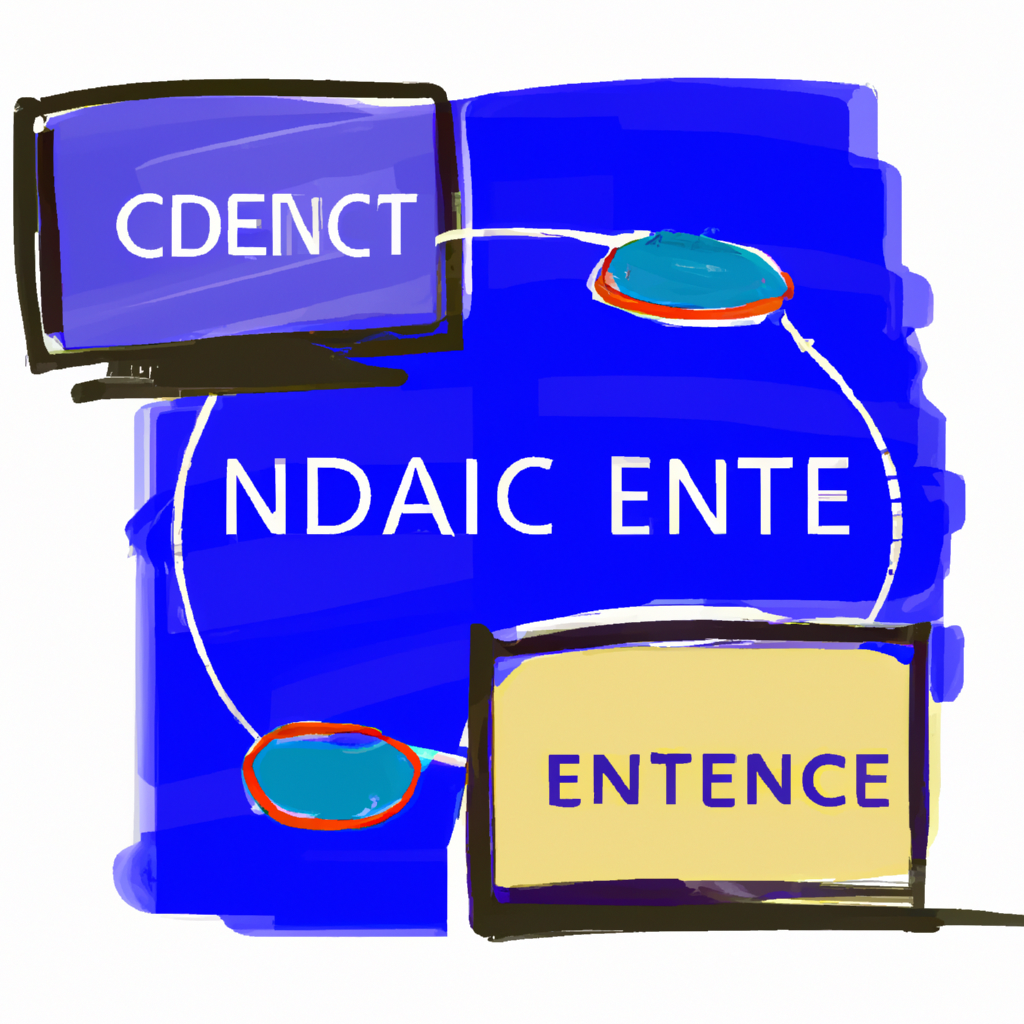
Thank you for reading our article on Personality Factors and Internet Addiction. We highly value your feedback and invite you to take a brief survey to share your thoughts and experiences. Your responses will be kept confidential.
Dear Readers,
Welcome to my blog, where technology, music, and visual arts come together to spark creativity and growth. By subscribing, you’ll become part of a vibrant community committed to exploring and learning in these areas.
Select the type of engagement that suits you best:
Join us and enjoy tailored content and direct support suited to your interests.
